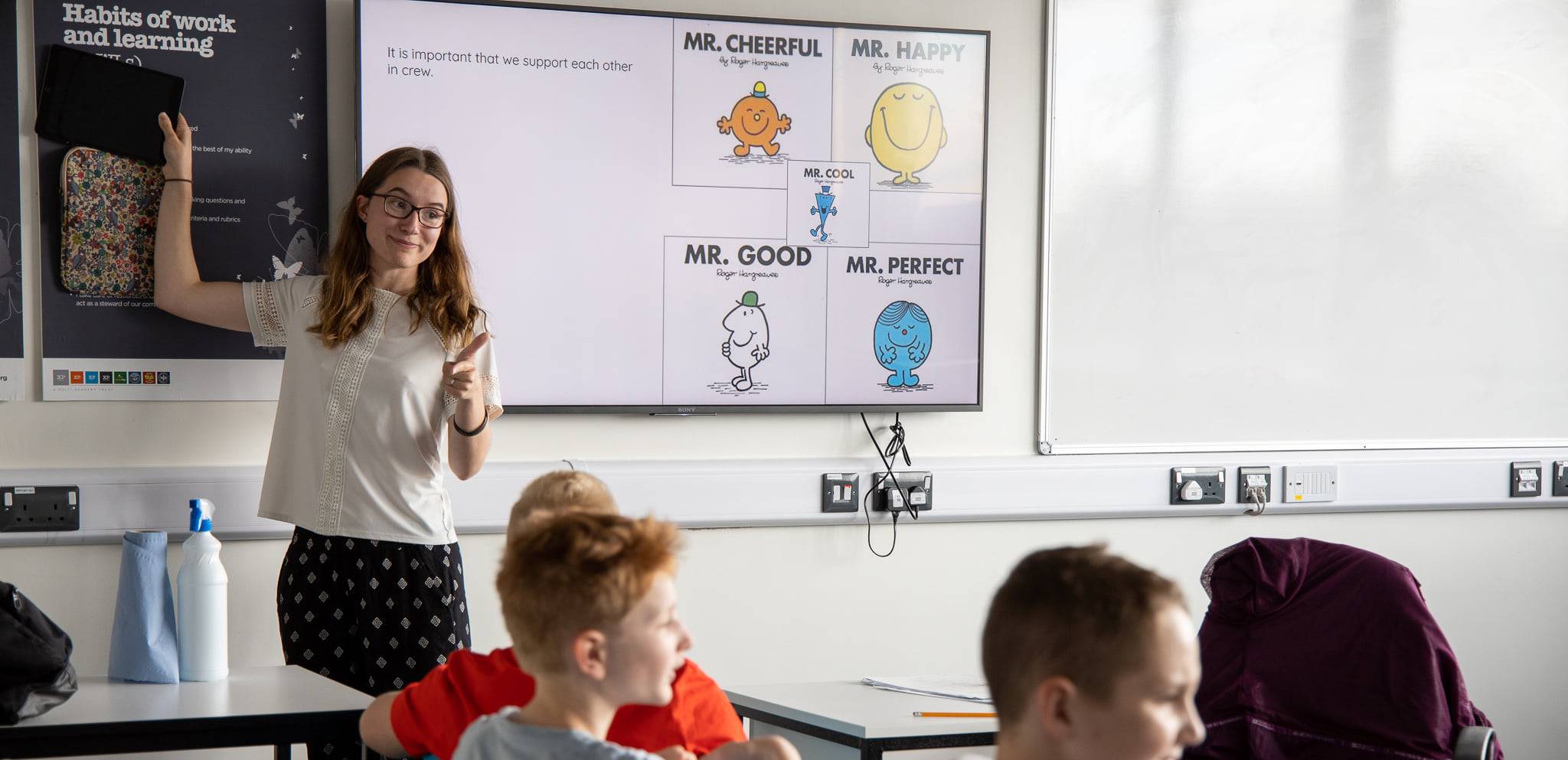
Amid the student debt crisis in the US, more brands are integrating college scholarships into their marketing strategies and social impact initiatives. As trust in traditional institutions wanes, there is a growing expectation for brands to provide tangible support to marginalised communities.
With student debt in America totalling $1.7 trillion, global brands such as Coca-Cola, Burger King, and Lockheed Martin are introducing corporate scholarships as part of their social impact initiatives to engage with Gen Z college students. Burger King annually raises millions for scholarships through its 'round up' campaigns, with funds directly benefiting local scholars. Cards Against Humanity supports women and non-binary STEM students with a full-tuition scholarship, and ScholarshipOwl assists low-income students in securing funding through connections with smaller businesses.
An increasing number of Gen Zers in the US are opting out of pursuing college degrees, driven largely by the skyrocketing levels of student debt – a 2024 Deloitte survey found a third of Gen Z and Y are choosing to forgo higher education with financial barriers being a key concern. Simultaneously, a significant portion of Gen Z no longer perceives higher education as essential. Only 39% of Gen Zers consider advancing their education a priority, while 46% believe that the cost of college does not justify its value.
In the face of challenging economic prospects, both brands and educational institutions have a crucial role in enhancing the affordability and accessibility of education. Brands can continue to form partnerships with academic institutions to create scholarship programs or financial aid initiatives tailored to underserved communities. Meanwhile, institutions can explore innovative tuition models, such as income-share agreements or flexible payment plans, to alleviate financial burdens on students and ensure that education remains a pathway to opportunity for all despite economic circumstances.



